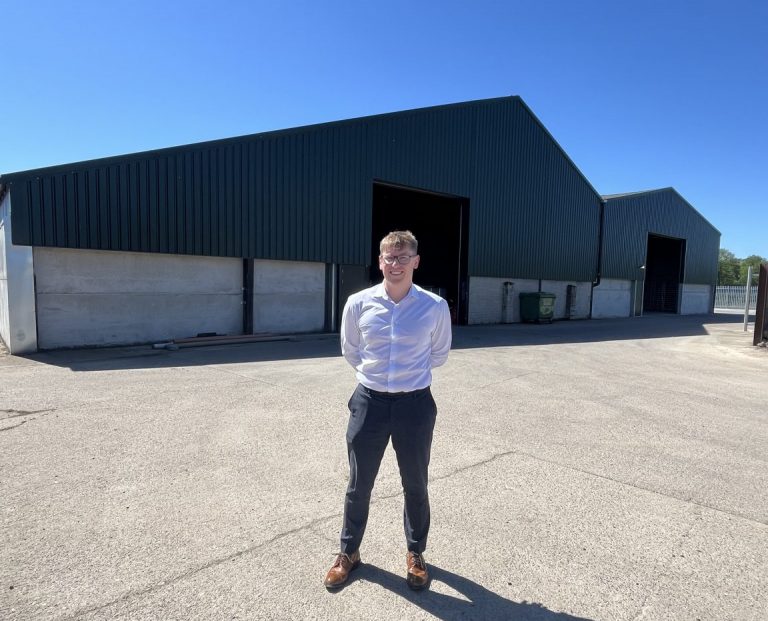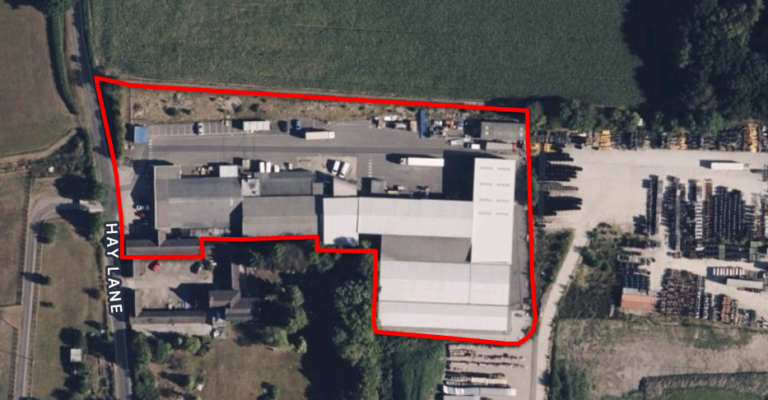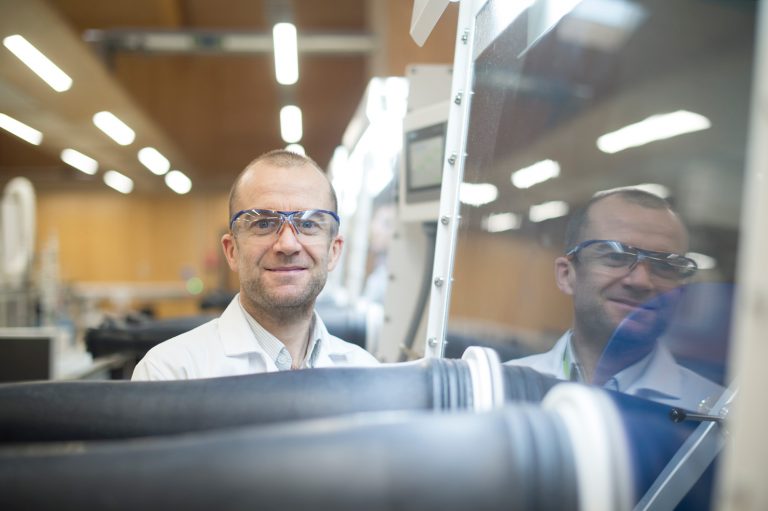James Pinchbeck, partner at Streets, dissects the often-misunderstood art of marketing.
Marketing remains one of the most misunderstood and at times, undervalued functions within a business. When it’s working well, it can drive growth, build brand reputation, and support long-term success. But when it’s
not working, when it fails to deliver results or meet expectations, it’s often questioned, sidelined, or seen as a cost rather than an investment.
But what do we mean when we say marketing isn’t working? In simple terms, it’s when marketing fails to achieve the outcomes the business needs, be that leads, awareness, engagement, or revenue. The issue, however, often runs deeper than the campaign or channel in question. More often than not, the root cause lies in the business itself.
Here are some of the common reasons why marketing underperforms and what businesses need to do about it.
- No strategy, no direction
A surprising number of businesses don’t have a clear and detailed business strategy. Without this foundation, any marketing plan is being built on sand. If the business doesn’t know where it’s going or what success looks like, how can marketing align itself and support the journey?
Equally, Boards and senior leaders can struggle to articulate what they want from marketing. Vague expectations such as “raising our profile” or “generating more leads” are commonplace, but without clarity, marketers are left guessing.
- A lack of defined marketing objectives
While financial and operational KPIs are usually well understood, marketing objectives are often less clearly defined, even missing altogether. This leads to inconsistent activity and an inability to measure what really matters. Likes and followers may feel good, but they rarely tell you if marketing is truly adding value.
- Gaps in marketing understanding
Those making decisions about marketing whether internal stakeholders or external advisers may have limited knowledge or experience of the discipline. This can lead to unrealistic expectations, poor hiring decisions, or confusion over what good marketing looks like. In many cases, businesses employ junior or inexperienced marketers without providing the guidance or leadership they need to succeed.
Perhaps more critically, marketing often doesn’t have a seat at the Boardroom table. It’s not uncommon for marketing to be overlooked during key strategic conversations, or for its potential contribution to be misunderstood entirely. Without representation in leadership discussions, marketing risks being reduced to a tactical support function rather than a driver of business value.
- Misplaced faith in agencies
Outsourcing marketing to an agency can feel like a silver bullet but without clear briefs, proper oversight, or shared understanding, agencies are often left to second-guess what a client wants. The result is activity that may be creative but lacks strategic impact. Businesses also often lack the know-how to manage and evaluate agency performance effectively.
- Too much noise, too little focus
With so many tools, platforms, and trends, marketing has become increasingly complex. It’s tempting to chase the latest digital trend or stick to familiar tactics, even if they’re no longer effective. Without informed decision-making, marketing risks becoming a scattergun exercise with little connection to commercial goals.
- Marketing struggles to demonstrate its value
Finally, marketing professionals themselves aren’t always great at evidencing the impact of their work. Whether through unclear reporting, lack of commercial language, or an overemphasis on vanity metrics, marketing can struggle to win the confidence of senior leadership.
So, what can be done?
To turn things around, businesses need to invest in the foundations. That means aligning marketing with a clearly defined strategy, setting meaningful objectives, employing or accessing the right level of marketing expertise, and creating a culture of communication and accountability between leadership, marketing teams, and any external partners.
Crucially, marketing needs a voice in the Boardroom. It must be part of the strategic conversation, not an afterthought. When leadership understands and embraces marketing as a core business function, it’s far more likely to deliver meaningful, measurable value.
Marketing doesn’t work in isolation—it needs to be integrated into the very fabric of the business. When that happens, marketing becomes not just a cost centre, but a powerful driver of growth and competitive advantage.
See this column in the July issue of East Midlands Business Link Magazine here.












